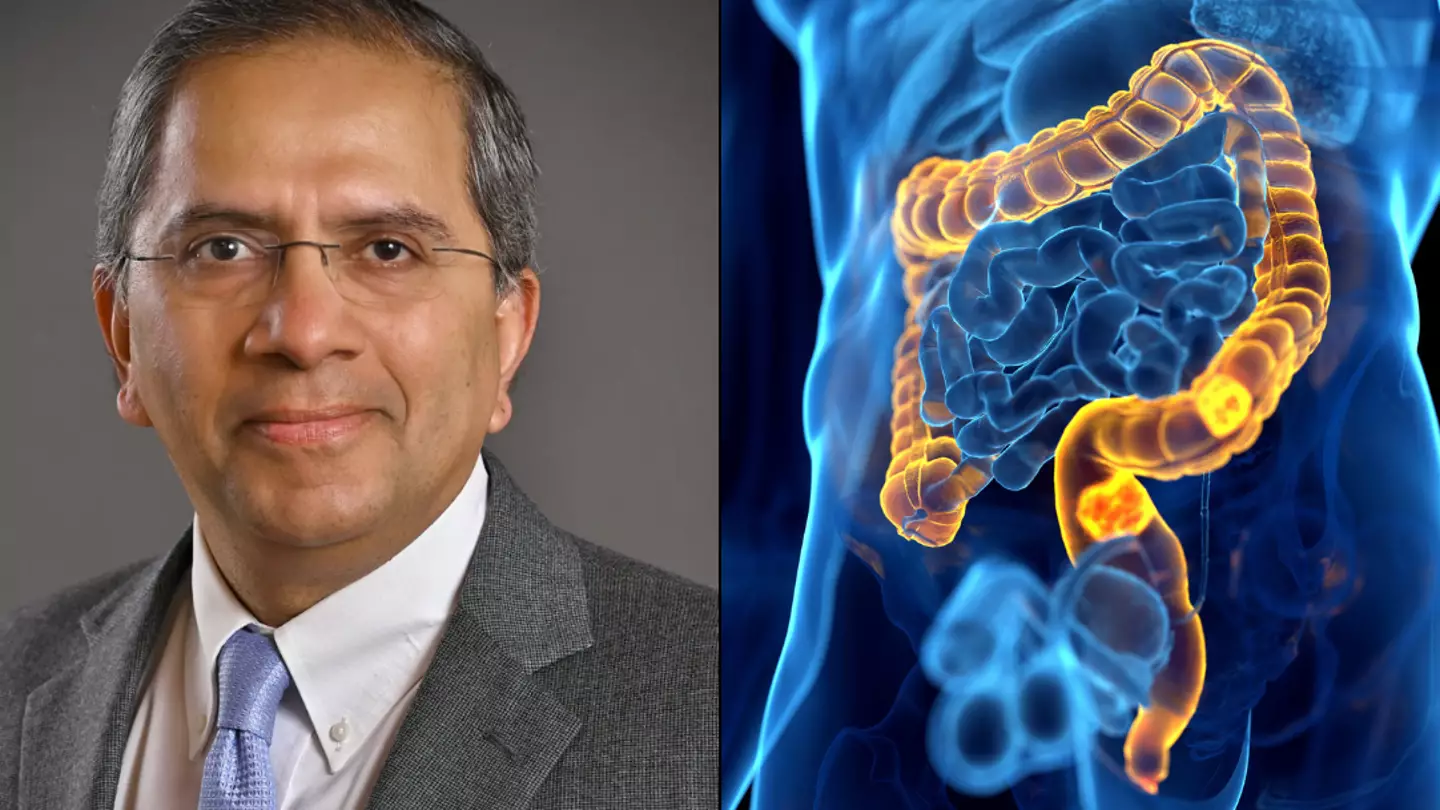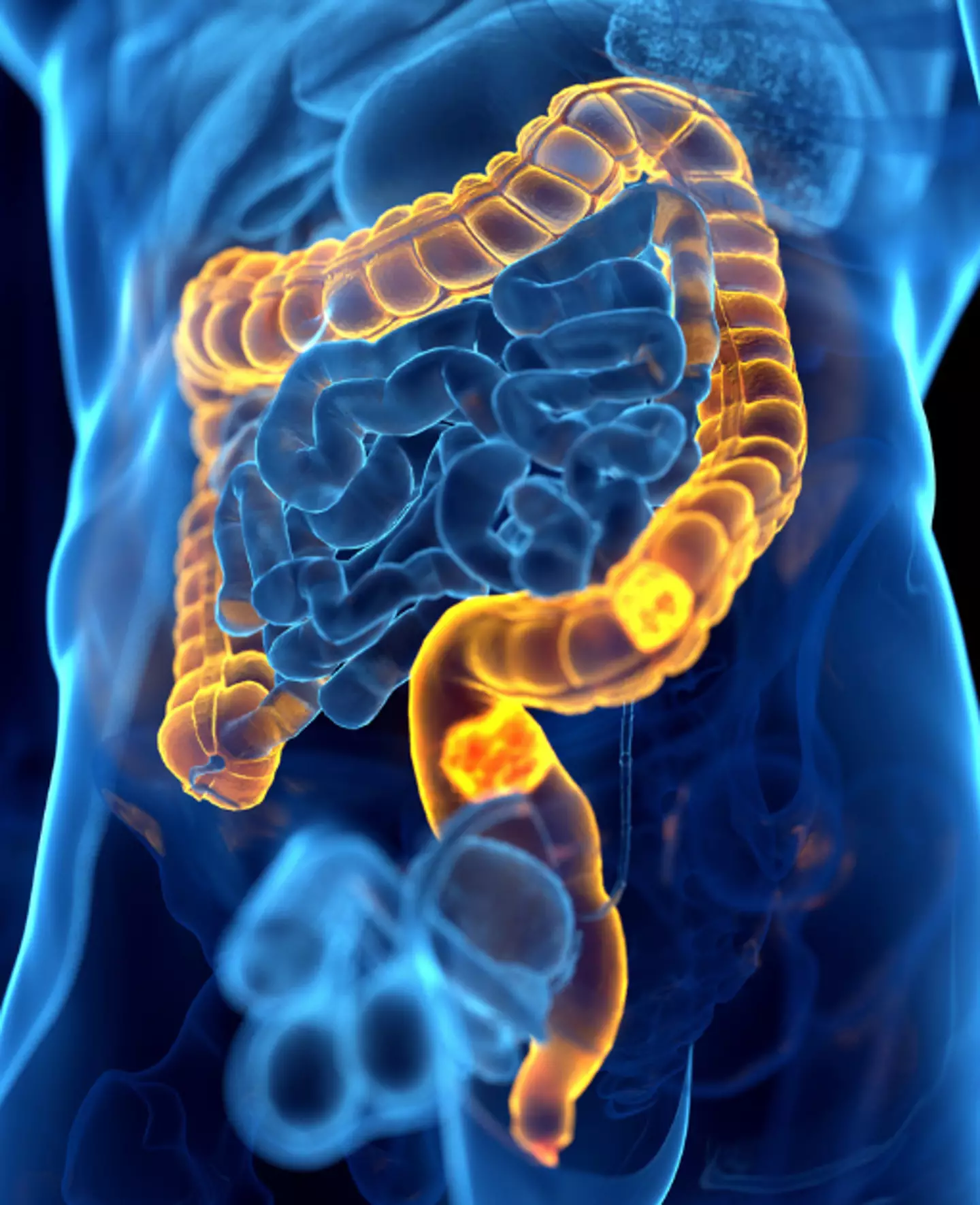A surgeon has revealed a key piece of advice to help prevent colon cancer as cases appear to be rising in the under 50s.
Dr Parul Shukla is a colon and rectal surgeon with Northwell Health who has revealed the one thing he always tells his patients.
This comes after Cancer Research UK reported that bowel cancer rates are increasing among adults between 20 and 50.
What is colon cancer?
Colon cancer, also known as bowel cancer, is one of the most common types of cancer in the UK and can be found anywhere in the large bowel.
It also happens to be the third most common cancer worldwide, according to the World Cancer Research Fund.
Dr Shukla's colon cancer prevention advice
Dr Parul Shukla has revealed the one key piece of advice he gives to his patients (Northwell Health) Dr Shukla, who works in Westchester, New York, told the New York Post that colonoscopies, which are screenings for colon cancer, should be encouraged before the age of 45, particularly if there is a history of it in your family.
His advice is to speak openly about this with your loved ones, adding: “[This has] always been one of my requests to people: Please don’t be shy to discuss the findings of your colonoscopy with your children or with your siblings, because you might save a life.
“If my father had an advanced adenoma, I should know about it, because that would mean that I would need to be screened at least five or 10 years earlier than the screening age, because that history is as strong as if you would have had a cancer.
“Please don’t be shy to let them know.
Colon cancer cases are increasing worldwide (Getty Stock Image) “If you don’t mind, tell them that this is what I have, and I think that’s going to impact on your age for screening.”
On the rise in cases in younger age groups, he admitted: “Actually, the data is quite shocking.
“You’ll be surprised to hear, in the under 50s, women are getting colorectal cancer at an enhanced rate as compared to men.
“It’s actually flipped the rate … so it’s a frightening statistic, but unfortunately, in the younger age group, women are getting colorectal cancer more than men.”
Colon cancer symptoms
According to the NHS, symptoms may include:
- Changes in your pooing habits
- Blood in your poo (may look red or black)
- Bleeding from your bottom
- Feeling like you need to poo even if you've just been to the toilet
- Tummy pain
- A lump in your tummy
- Bloating
- Losing weight without trying
- Feeling very tired for no reason
If you’ve been affected by any of these issues and want to speak to someone in confidence, contact Macmillan’s Cancer Support Line on 0808 808 00 00, 8am–8pm seven days a week.

 Anish Vij
Anish Vij
